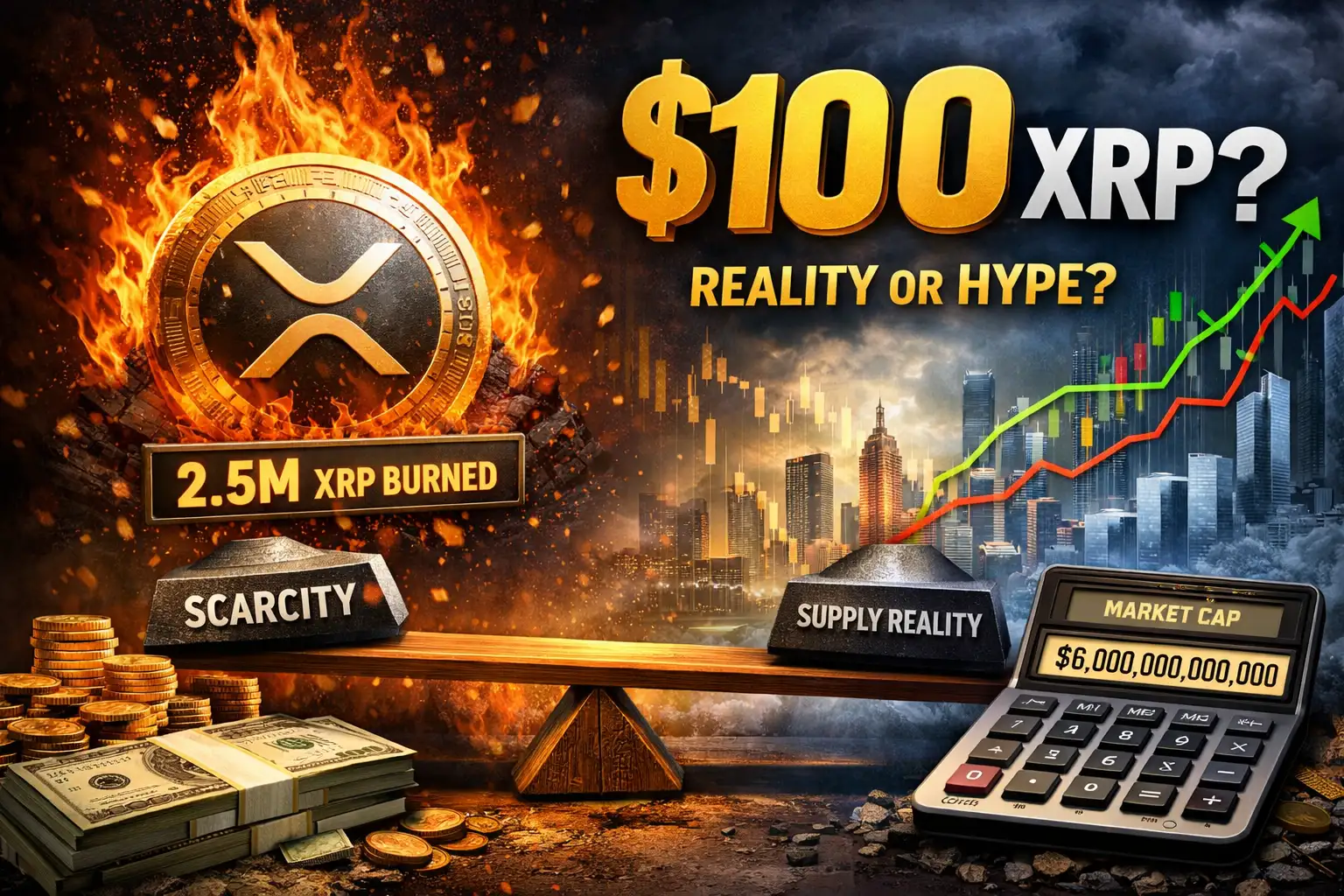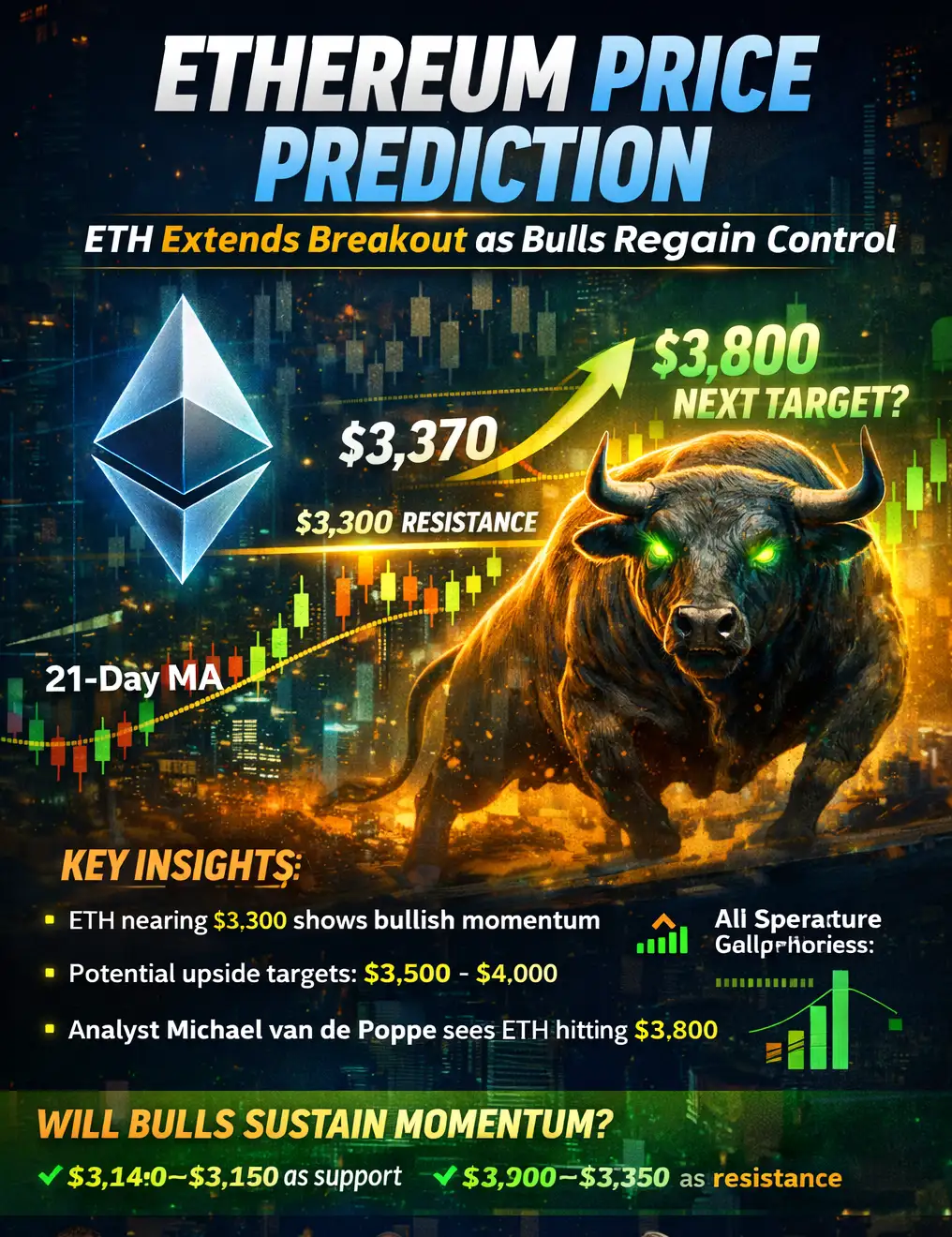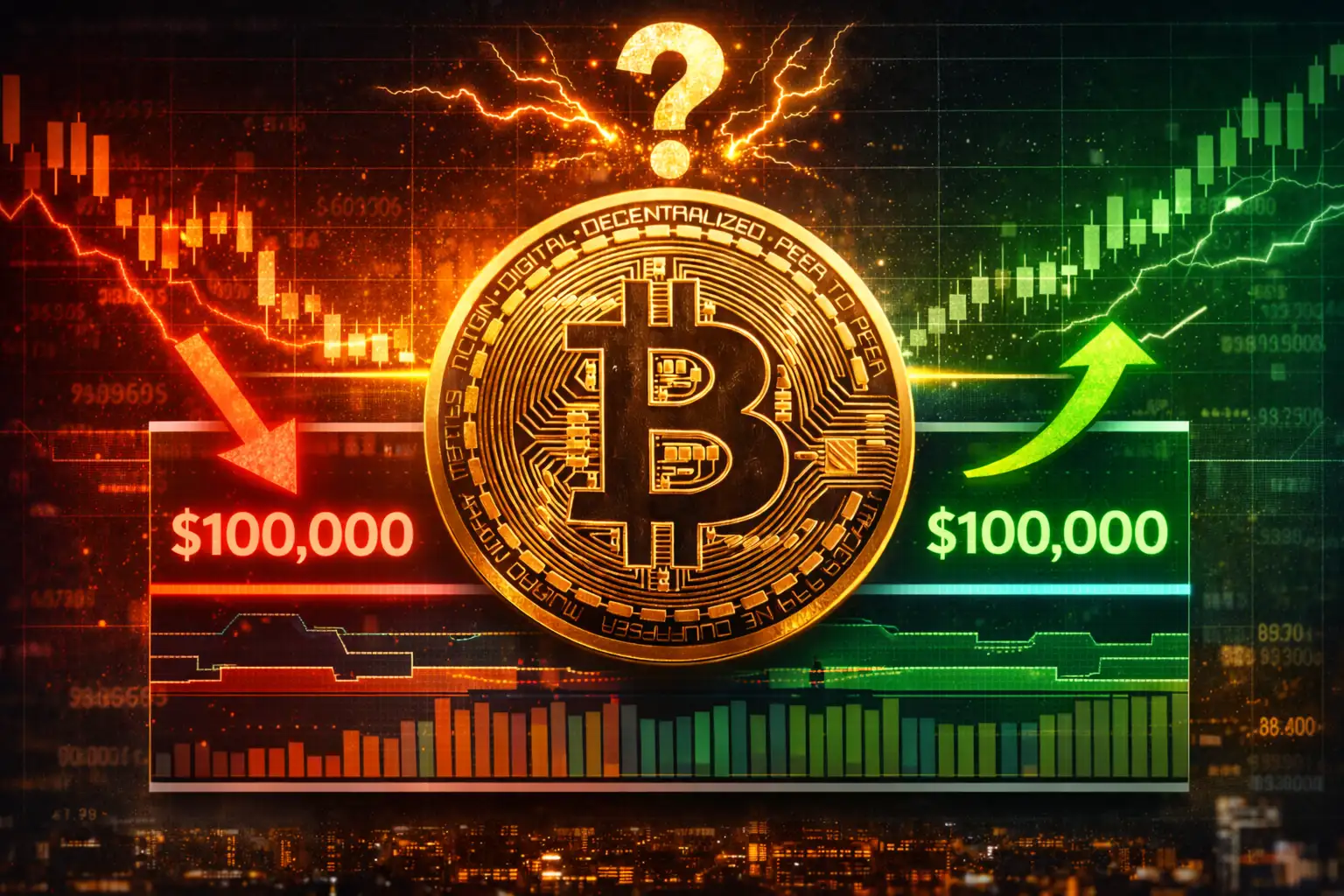
The integration of artificial intelligence(AI) with key features of blockchain technology is result oriented, most especially smart contracts. AI generally increases efficiency and automation for smart contracts in decision making process.
In Smart contracts, AI detects anomalies. Also, it addresses the limitations of traditional smart contracts by enabling a data driven contract execution on the blockchain.
A smart contract, automated to act based on certain environmental conditions, uses AI for accurate data sensing and analysis, ensuring precise and timely execution.
Think off a global shipping company using blockchain-based smart contracts for payment of services. AI driven IOT sensors tracks the cargo and the weather conditions. For the parties to the smart contracts, this means If a shipment of perishable goods is in transit, AI analyzes temperature, humidity, and location data in real-time.
If the shipment arrives on time and in optimal condition, the smart contract automatically releases payment to the supplier. However, if delays or temperature deviations occur, AI detects the issue and adjusts the payment terms or triggers a dispute resolution process, ensuring accountability and trust among all parties.
This article extensively explains AI's integration into smart contracts, reasons behind such integration and the benefits
Smart contracts are self-executing agreements with predefined rules and conditions. They are codified and stored on a blockchain. Entities and individuals codify and store contractual terms on the blockchain technology. Execution are carried out automatically when parties fulfill their responsibilities.
They eliminate intermediaries such as lawyers, banks, real estate agents and the likes. This guarantees enforcement of such contracts without trust based relationship between the parties.
Smart Contracts has improved traditional contractual relationship between individuals and entities, providing efficiency and security. However, traditional smart contracts have limitations that AI can address.
Traditional smart contracts are written in codes and imputed in blockchain. This predefined conditions or codes are not open to modifications. They're executed strictly and don't adapt to unforseen circumstances.
Businesses or entities seeking to modify terms due to environmental conditions and changes are not in the position to do so.This rigidity creates limitations in dynamic environments, where conditions may change unpredictably.
Also,Smart contracts follow code-based execution, which means they cannot interpret vague or subjective terms. Smart Contracts do not recognise reasonable efforts” or “good faith” clauses, which are necessary for excellent execution and accountability.
Smart Contracts operates only on the blockchain. It cannot access external data such as real world updates, market prices, weather conditions sports results etc.
These external data are necessary for modification and execution of the terms of the encoded contracts, therefore it becomes difficult for contractual terms to be carried with accurate data, amongst entities
Smart Contracts relies on Oracles which serve as bridges between blockchains and external data sources. It fetches real-world information and feeding it into smart contracts.
Oracles are centralised technologies and it exposes smart contracts to security risks and breaches.
Therefore, contracts encoded by Parties can be unlawfully modified or tampered with due to this reliance.
Smart contract execution rely on multiple conditions, such as real-time price feeds, regulatory updates, user-defined parameters etc. This can lead to errors, delays, or execution failures, if one input is incorrect, delayed, or manipulated.
Additionally, fetching external data through oracles introduces risks like latency, inaccuracies, or security breaches. This potentially leading to unintended outcomes. Unlike traditional contracts, which allow human discretion in complex scenarios, smart contracts require flawless coding and reliable data sources, making them difficult to manage in dynamic environments.
With all these problems, it becomes necessary to integrate AI into blockchain smart contracts. Let's discuss AI powered smart contracts.
The integration of artificial intelligence into smart contracts is an innovative approach. It enhance adaptability, automation, and intelligence. It enable real-time decision-making, risk assessment, and advanced automation.
With AI powered smart contracts, enforcement is carried with accurate information and advanced security. This removes risk of unlawful modification and breach. It also eliminates unexpected delays or quality issues requiring contract adjustments faced by traditional smart contracts.
AI-powered smart contracts leverage machine learning and neural networks to process dynamic data, analyze trends, and execute more intelligent transactions.
Unlike traditional contracts that follow fixed logic, AI-enhanced contracts evolve based on real-time inputs and predictive analytics.
Oracles act as trusted intermediaries that connect blockchain-based smart contracts to external data sources. It allowing them to access real-world information that is not available on-chain for smart contracts.
This is likened to vending machine programmed to sell cold drinks on hot days and hot coffee on cold days. The vending machine itself has no way of knowing the temperature outside.
A weather service assists it's functionally by providing real time temperature updates. In this case, the vending machine is a smart contract which the external weather service is an oracle. However Oracles must be secure and decentralized to avoid manipulation.
Machine learning (ML) algorithms enhance smart contracts by analyzing large datasets and identifying patterns.
Predictive decisions are made by the technology rather than following only pre-set conditions.
In AI-powered credit scoring, ML can evaluate a borrower's risk by analyzing past transaction history, social behavior, and spending patterns, allowing smart contracts to dynamically adjust interest rates or approve loans.
In fraud detection, ML can analyze blockchain transaction patterns to detect anomalies, preventing potential hacking attempts before smart contracts execute payments.
This improves efficiency, reduces risks, and allows smart contracts to operate in complex, data-driven environments.
Federated learning (FL) is a privacy-preserving AI technique that allows multiple devices or entities to train a shared machine learning model without exposing their private data.
In decentralized identity verification, multiple financial institutions can collaborate to train an AI model that detects fraudulent transactions without sharing sensitive customer data.
In healthcare smart contracts, hospitals can train AI models on patient data locally and only share model updates, ensuring data privacy while improving diagnosis accuracy.
Neural networks are advanced AI models that mimic human decision-making by learning from vast amounts of data, rather than following static rules. They allow dynamic, adaptive decision-making based on evolving conditions, when integrated with smart contracts.
In NFT pricing and auction contracts, neural networks can analyze market trends, previous sales, and buyer behaviors to dynamically adjust pricing models.
In automated trading smart contracts, neural networks can process historical and real-time market data to predict price movements and optimize buy/sell strategies.
This enables smart contracts to handle complex, non-linear scenarios that traditional rule-based logic cannot address.
There are other key technologies of AI powered smart contracts, however we will lean on the 5 mentioned above for Better understanding.
Traditional smart contracts lacks flexibility. Encoded terms are executed rigidly and cannot be altered. AI-driven smart contracts flexible because unlike traditional smart contracts, they can be adjusted.
They adjust based on real-time inputs. For example, in decentralized finance (DeFi), AI-powered contracts can change interest rates dynamically based on market conditions, rather than sticking to fixed rates.
Predictive analytics is a feature of AI powered smart contracts. It uses data and AI to spot risks before they happen. It helps businesses prevent losses by analyzing past trends and predicting future problems, like fraud or financial issues.
Therefore, the integration of AI into smart contracts enhances security by detecting fraudulent transactions through pattern recognition. For instance, an AI-powered insurance contract can assess risk by analyzing a user's driving behavior rather than relying solely on age or credit score.
AI enables intelligent automation of smart contracts. AI breaks down complex contractual terms and produces necessary and accurate updates that enhances the execution process of smart contracts.
A contract for a logistics company could adjust delivery schedules based on weather predictions or road congestion detected in real-time.
AI can translate traditional legal agreements into smart contract code, with automatic execution. It reduce human errors, ensures compliance, minimize disputes, enhances transparency, cuts costs, and boost efficiency.
AI powered smart contracts improves contract execution for numerous entities engaged in different projects. Here are key use cases of AI powered smart contracts.
DeFi platforms leverage AI powered smart contracts for seamless financial transactions. AI enhances these contracts to improve decision-making and risk management. This eliminates the need for intermediaries to ensure enforcement of the contract.
For instance, we have AI-driven loan approvals which is based on real-time credit analysis.Traditional banks use credit scores to approve loans, which may be outdated.
However AI analyzes real-time financial activity (such as spending habits and crypto holdings) to determine loan eligibility instantly. A user with good on-chain transaction history and steady crypto assets gets instant approval for a DeFi loan.
Non-Fungible Tokens (NFTs) represent unique digital assets like art, music, and collectibles. AI-powered smart contracts improve their security and efficiency. In smart contracts relating to NFTs, AI can authenticate NFT ownership and detect fake digital assets.
AI scans metadata, blockchain history, and ownership records to verify authenticity. This Prevents fraud by flagging duplicate or manipulated NFTs.
For example, when an artist uploads an NFT, AI verifies its originality before it is listed for sale.
DAOs are blockchain-based communities that manage funds and make collective decisions without central control.
The integration of AI makes governance more efficient. AI also improves governance by analyzing voting patterns and recommending optimal decisions.
Furthermore, AI detects trends in voting behavior and suggests better governance strategies. It Prevents manipulation and improves decision-making efficiency.
If a DAO member consistently votes against community interests, AI flags this for review.
A supply chain is the entire process of producing and delivering a product or service, from raw materials to the final consumer. Supply chains management involve multiple parties and AI-powered smart contracts ensure transparency, accuracy, and efficiency in the supply processes. How it does this?
AI-powered contracts can adjust pricing dynamically based on supply and demand analysis. AI also tracks market demand and automatically adjusts pricing in real-time.If demand for a product rises, AI automatically increases supplier payouts and adjusts contract terms. This Prevents price manipulation and optimizes profits for suppliers and buyers.
AI-powered smart contracts enhance security and automation in healthcare and legal industries. For instance, AI grants access to a hospital requests for a patient records,only if the request follows compliance rules.
AI-integrated smart contracts ensure patient data privacy for seamless medical record sharing.
Furthermore, AI-powered smart contracts ensure that agreements follow international laws. It verifies that companies that signs global supply contract meets tax and trade regulations in multiple countries. It reduces legal disputes by automating contract enforcement.
AI-powered smart contracts are revolutionizing industries by making processes faster, safer, and more transparent. As AI technology advances, these contracts will become even smarter, reducing human intervention and increasing trust in digital transactions.
While AI-powered smart contracts offer efficiency and accuracy in enforcement of smart contracts, they also introduce risks that must be carefully managed. Here is an extensive explanation of key challenges.
As AI integrates with smart contracts, new security risks emerge, including bias in decision-making and exploitation by malicious actors.
Here is how bias is introduced ;AI models learn from historical data, which may contain biases. If an AI-driven smart contract inherits biased patterns, it can lead to unfair outcomes.
If AI is trained on biased financial data in a DeFi lending platform, it may unfairly reject loan applicants from certain demographics.
The suggested solution to this is regular auditing and diverse training datasets required to reduce AI bias.
In cases of exploitation by malicious actors, hackers can manipulate AI models to generate false outputs. This tricks smart contracts into executing unintended actions.
AI-powered bots might also be exploited through adversarial attacks, where hackers input misleading data to make AI behave incorrectly. An attacker could feed manipulated market data to an AI-powered trading bot, forcing it to buy or sell assets at unfavorable prices.
AI computations require extensive processing power. When combined with blockchain’s decentralized structure, it may lead to performance bottlenecks and high computational demand. Also, AI models require significant processing power for tasks like deep learning and real-time decision-making.
Blockchains, especially those with proof-of-work (PoW) mechanisms, already face scalability challenges. This makes AI integration more complex. Running an AI-powered fraud detection model on a blockchain may slow down transaction validation, causing delays.
As AI-powered smart contracts make autonomous decisions, concerns about transparency, accountability, and ethical fairness arise.
AI's Decision-Making is Complex and the processes are hard to understand.
This complexity can lead to untrustworthy or unexplainable decisions. Example is A DAO using AI for governance decisions, but members cannot understand how the AI arrived at certain recommendations, leading to distrust.
Another problems with AI powered smart contracts are errors and the question of who bears the responsibilities. Since blockchain transactions are immutable, reversing AI-induced errors is difficult.
If an AI-powered legal contract wrongly executes a transaction due to incorrect data, the responsibility of AI developer, contract owner, or blockchain network becomes a question
Establishing AI liability frameworks and ensuring human oversight for critical decisions can help mitigate risks.
Governments worldwide are still in the process of developing regulations for AI and blockchain that leads to compliance challenges for businesses.
AI-powered smart contracts often operate across multiple jurisdictions, making it unclear which legal frameworks apply.
Some governments are pro-blockchain, while others impose strict regulations. This inconsistency complicates AI adoption.
A DeFi platform using AI for loan approvals may comply with U.S. laws but violate stricter European AI ethics regulations. Companies should monitor global regulatory updates and build adaptive compliance models into smart contracts.
As AI and blockchain regulations evolve, ongoing research and collaboration between governments, developers, and legal experts will be crucial for ensuring safe and ethical AI-powered smart contract adoption.
AI-powered smart contracts are evolving rapidly, shaping the future of blockchain, Web3, and decentralized governance. Below is an in-depth explanation of key trends and their potential impact.
AI integration is making blockchain platforms smarter by enabling automated decision-making, data-driven transactions, and intelligent contract execution.
AI-driven smart contracts will enhance automation, governance, and asset management in Web3 and the Metaverse, making them more dynamic and efficient.
Also, Quantum computing has the potential to transform AI-powered smart contracts by addressing scalability and security challenges. Quantum computing can process vast amounts of AI data faster, improving the speed of smart contract execution.
It will supercharge AI-powered contracts by improving speed, security, and scalability, but new cryptographic protections will be necessary.
The future of AI-driven smart contracts will be shaped by emerging AI-powered blockchain platforms, their impact on Web3, advancements in quantum computing, and evolving regulations.
AI will make smart contracts more autonomous, scalable, and secure, but challenges like governance and security risks will need continuous monitoring and adaptation.
Companies should explore AI-enhanced blockchain solutions for automation, risk mitigation, and cost savings. Also, Developers should focus on building AI-integrated blockchain applications that prioritize transparency, security, and compliance. This creates better productivity and contractual execution in every industry.
On-Chain Media articles are for educational purposes only. We strive to provide accurate and timely information. This information should not be construed as financial advice or an endorsement of any particular cryptocurrency, project, or service. The cryptocurrency market is highly volatile and unpredictable.Before making any investment decisions, you are strongly encouraged to conduct your own independent research and due diligence
Tags :

0 Comments
Show More

A deep dive into recent XRP burn data showing 2.5 million tokens permanently removed over 800 days, why that matters, and why some analysts believe $100 per XRP is inevitable with real numbers.

Ethereum shows renewed bullish momentum above key levels near $3,330.

Bitcoin trades at a critical crossroads as price compresses near resistance. Analysts debate whether BTC breaks $100K or faces another correction.
On-Chain Media is an independent, reader-funded crypto media platform. Kindly consider supporting us with a donation.
bc1qp0a8vw82cs508agere759ant6xqhcfgcjpyghk
0x18d7C63AAD2679CFb0cfE1d104B7f6Ed00A3A050
CBaXXVX7bdAouqg3PciE4HjUXAhsrnFBHQ2dLcNz5hrM
Contains the last 12 releases